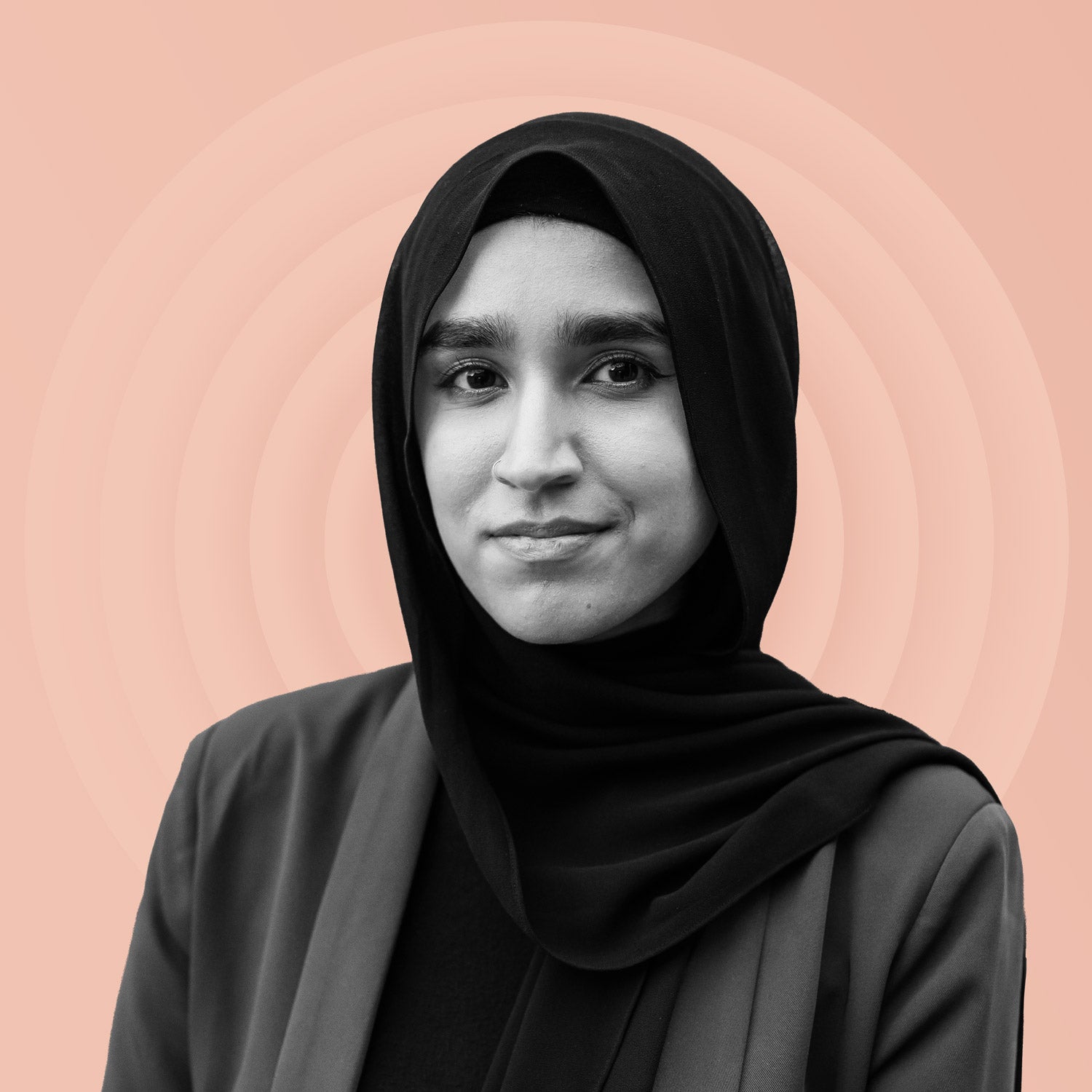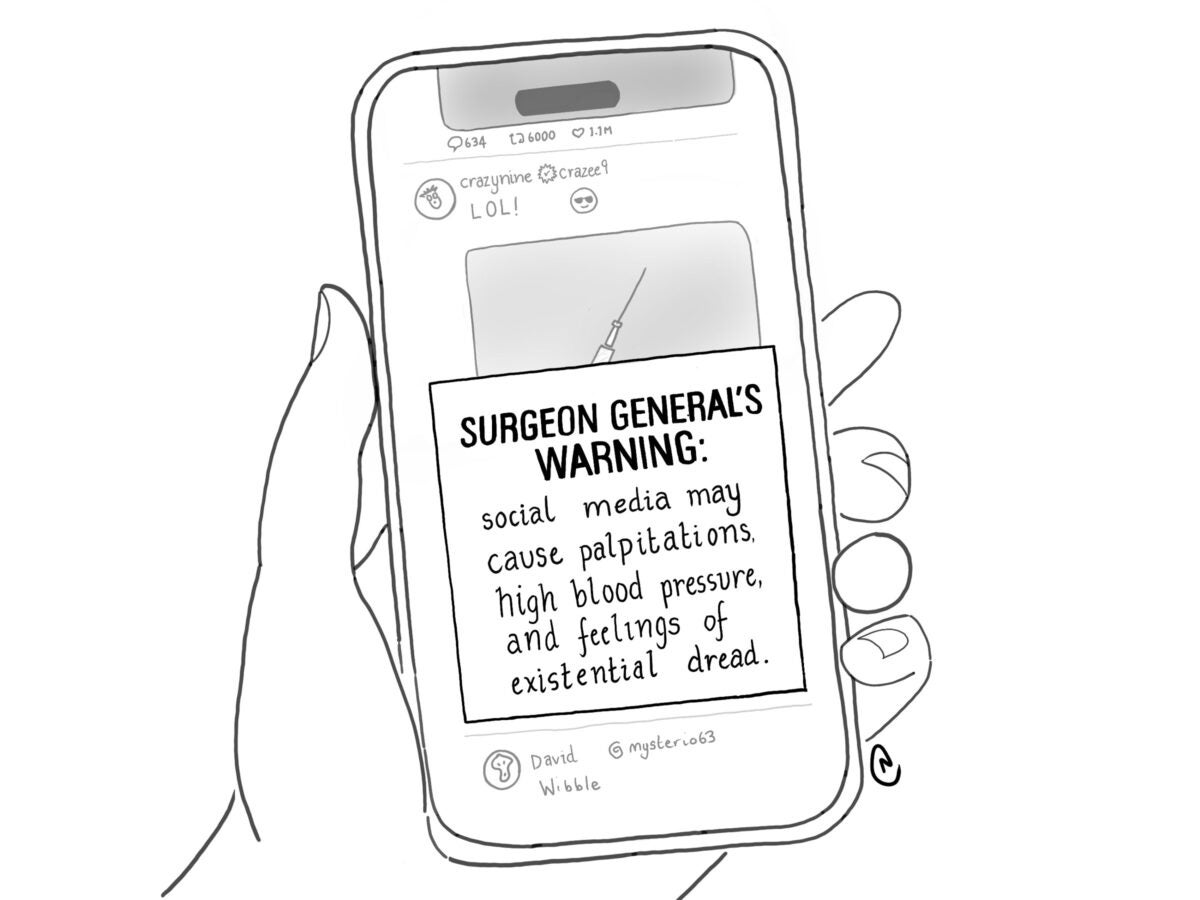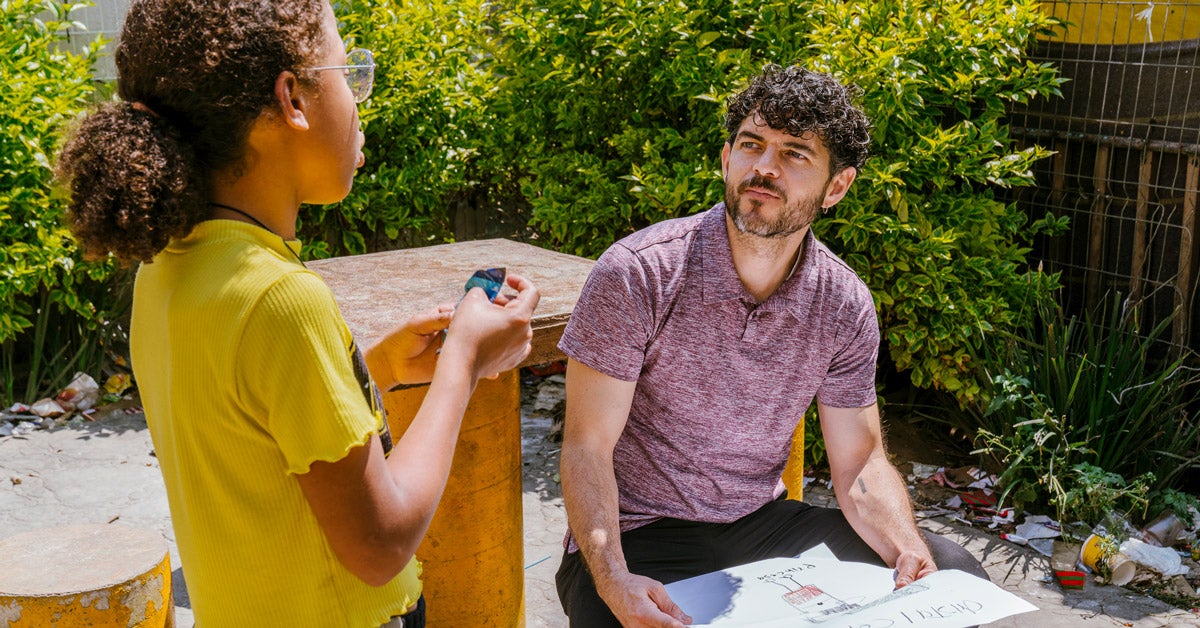People
Making mental health care more accessible
This interview is part of Public Health in Action, a new series from Harvard Public Health and The Studio that examines mental health programs across the U.S. that produce results.
Imaan Siddiqi is a public health major at East Carolina University and a member of the board of directors of the National Alliance on Mental Health (NAMI). She spoke with Harvard Public Health senior editor Christine Mehta.

Harvard Public Health: What inspired your advocacy work and getting involved with NAMI?
Siddiqi: I am an advocate because my grandmother battled mental illness. I didn’t know until years after her passing, when I myself was diagnosed with depression and anxiety. It hurt for me to realize how she must have struggled, given the stigma surrounding mental health in the South Asian community. It’s her strength and my own lived experience that pushes me to be a voice for underrepresented groups.
Keep up with the series
HPH: From your first-hand experience with mental health care, what do you see as a major failing of the system?
I know what it feels like to look at your White, non-Muslim therapist and know that, even with cultural sensitivity training, they will never really get some parts of you.
I’ve had four different therapists over the years. And while all of them did contribute to my mental health journey, none of them were people that I could truly relate to. I always felt some sort of cultural disconnect. That was really a barrier for me to open up to them.
More than 50 percent of therapists are White. This makes seeking help extremely difficult for a person of color. Over 70 percent of therapists are women, and we really need to think about how that plays into men’s willingness to seek help.
But the root of the problem lies with how mental health care is viewed, both within the system and within society as a whole. With the profession itself being stigmatized, and the constant battle of making resources accessible to everybody, it’s super clear that mental health is not valued on the same level as physical health.
HPH: So what does an ideal mental health system look like?
Siddiqi: I would start with mental health professionals being paid and valued more. It all starts from the legislators and policies. In this ideal system of mine, there would be an exponentially larger budget for our mental health care system. I believe that this would result in people from more diverse backgrounds choosing it for their career. Maybe in that world I could finally find a therapist that I don’t have to explain all the religious nuances of my life to.
HPH: What gives you hope?
Siddiqi: Platforms like this that let individuals speak up and bring these issues to light. I am a Muslim woman of color, and I deserve to be listened to. People who share the same identities as me deserve to be listened to, and those countless other minority groups that have historically been silenced deserve to be listened to.
It is empowering when someone takes the time to hear my perspective because it means there are people ready and willing to make a change. My goal is that somewhere out there, there is someone who sees me being unapologetic about who I am and what I need, and they feel that spark of pride that comes from seeing a part of themselves represented in another.
This article has been updated to clarify personal details.


